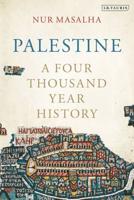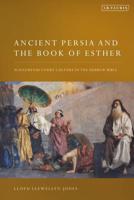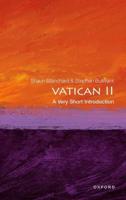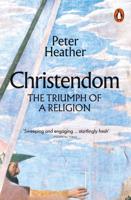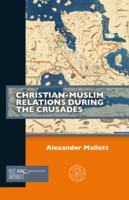Publisher's Synopsis
This historic book may have numerous typos and missing text. Purchasers can usually download a free scanned copy of the original book (without typos) from the publisher. Not indexed. Not illustrated. 1904 edition. Excerpt: ... AN ACCOUNT OF SOME OF THE PRINCIPAL PERSONS MENTIONED IN THIS VOLUME Adrian VI. (1459-1523) was the last of the Dutch popes. His busy and varied career comprised university work, as scholastic training was then understood, and his learning and mental and moral robustness were in the highest degree effective; association with the Inquisition as Grand Inquisitor; and constructive statesmanship, during the time that he was one of the regents of Spain after the death of Ferdinand the king. His pontificate was of only twenty-one months' duration, but even in this short period he earned the title of "the reforming pope," and the enmity of those connected with the papal court who could not brook the change from the prodigal splendor of his predecessor to the frugality of Adrian's life and his honest and pious ways. His opposition to Luther (p. 276) was bitter, but he himself denied the doctrine of papal infallibility. His premature death was a real misfortune, not only because of the internal reforms he had planned and gave promise of carrying to completion, but also because it aborted his projected united front of Christendom, which would have rolled back the tide of Turkish invasion then sweeping over Europe. Alexander I. (1777-1825), Emperor of Russia, was, as the text intimates, a progressive ruler for his day and time -- the Napoleonic era. Under him Russia joined with Austria, Sweden, and England to curb Napoleon; but it was at Paris in 1815 that the Holy Alliance (see Canning) was formed, and Alexander was the Arnold-- Audubon -- Bacon 245 instigator of the plan. Relatively he advanced Russia in trade and manufactures, and within limits eased the great burden of serfdom. We have in Alexander an illustration of the impotence of even the...





